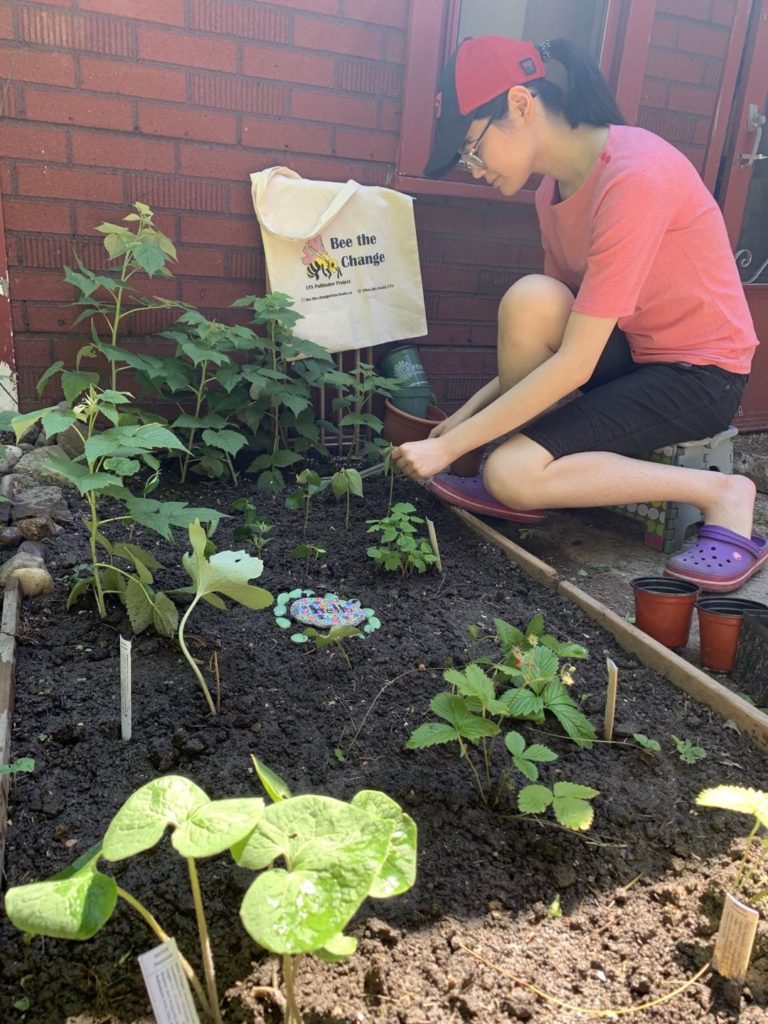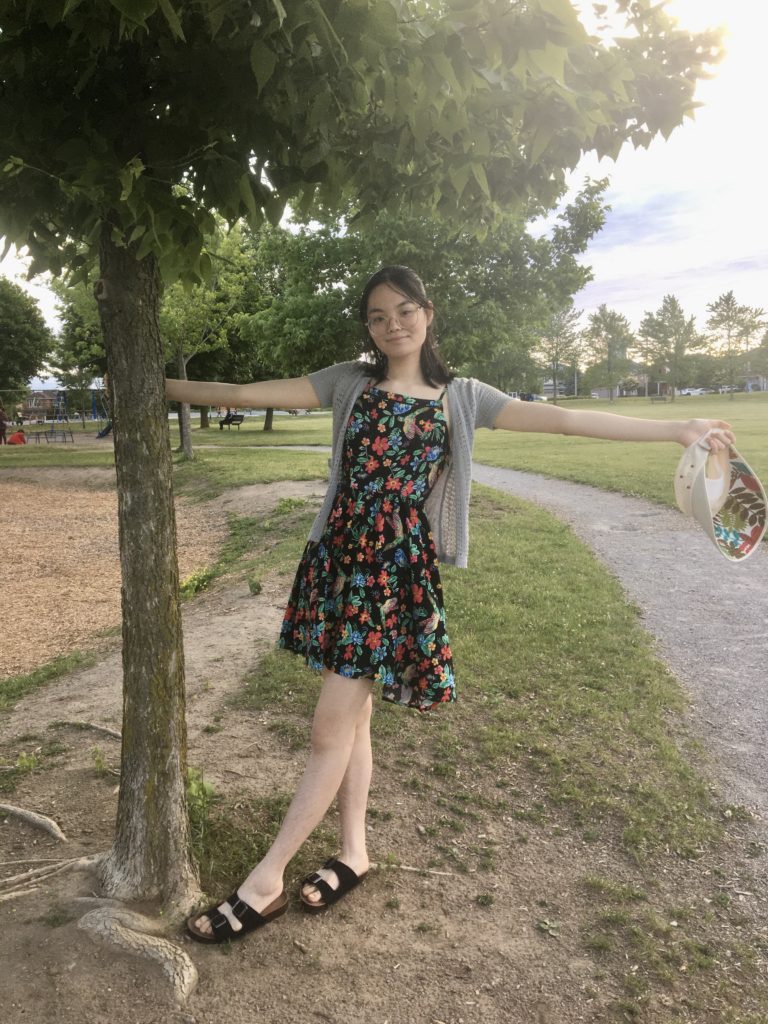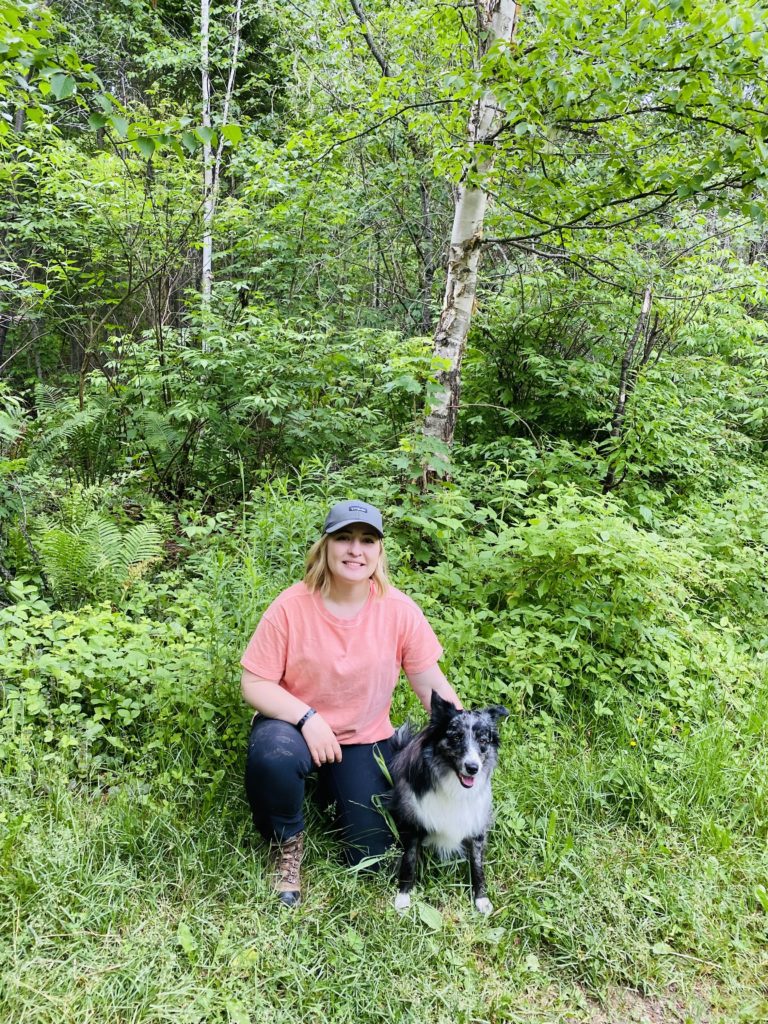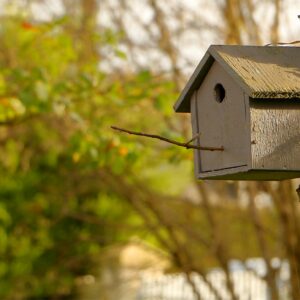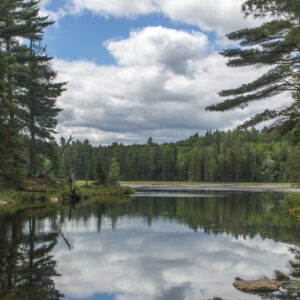Young Nature Leader Spotlight: Jessica Yu and Tessa Wissink
With great innovation, Jessica Yu and Tessa Wissink have become Young Nature Leaders in their communities, with projects working to improve the connection between people and the wild spaces local to them. Nature Canada is thrilled to partner with and support these two environmental leaders in their youth-led community-based nature projects.
Jessica Yu
Jessica Yu, a young Torontonian student passionate about nature, decided to lead her school district’s “Bee the change” project. Concerned with the declining pollinator populations, Jessica understood the major impact this decline has on our ecosystems as they support the growth of food, clean air, protection from soil erosion and other critical ecosystem services that we often take for granted. Jessica has come up with a plan to distribute over 200 pollinator garden starter kits to her fellow schoolmates, school faculty, and community.
In consultation with local experts and based on research, Jessica’s Bee the Change kits include seeds and starter plants native to the Greater Toronto Area to support native pollinator species and take in consideration different growing conditions that participants may have near their homes.
You can read more about Jessica’s Bee the Change initiative and support her and local pollinators by heading to her Grow Green @ Home Bee the Change community Fundraiser
Tessa Wissink
Tessa Wissink, a Young Nature Leader in her rural community in New Brunswick found her passion for food sustainability through an increasing interest over the past 5 years in the intersection of food, environmentalism, and quality of life.
Tessa has always known that she wanted to work in conservation, but it was through her experiences of growing her own food and foraging for wild foods that she began to feel a much greater connection to the environment and the food she ate. Tessa feels that the disconnect between people and the food they eat is dangerous to our health, our environment and to humanity overall.
With this information Tessa decided to begin her initiative of creating a Food Forest in the downtown area in her community. Centered on the principles of the functionality of woodland ecosystems, a food forest is a low-maintenance, sustainable, plant-based food production system. Tessa’s Food forest incorporates plants such as fruit and nut trees, shrubs, herbs, vines, and perennial vegetables which produce food directly useful to humans. Once established, food forests are completely sustainable, providing low maintenance, high yield food products to a rural area where many families experience food insecurity.
We encourage you to read more about Tessa Wissink and her Food Forest initiative and support her local food sustainability project by heading to her Grow Green @ Home Rural New Brunswick Community Food Forest community Fundraiser

